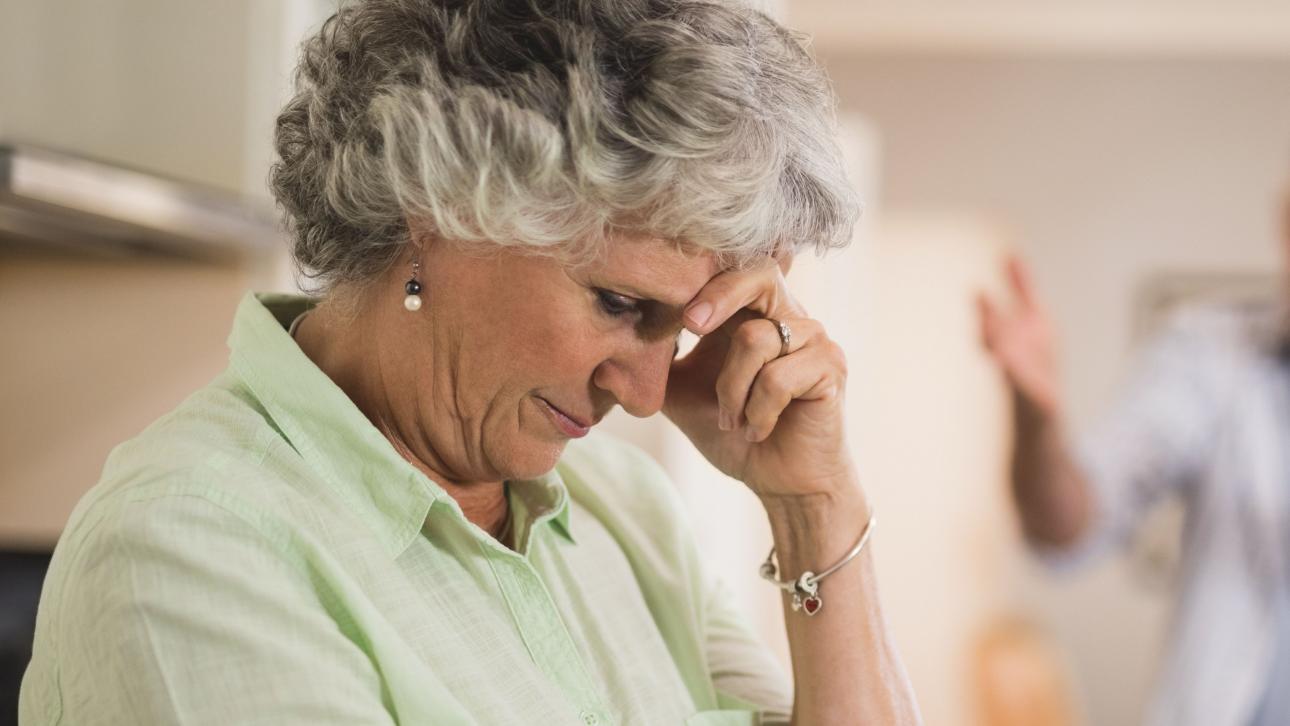
Content updated on June 15, 2023.
In Canada, an estimated one out 20 elderly people are mistreated. Here are a few ways to recognize elder abuse and speak out against it.
Recognizing abuse
Abuse occurs in relationships where there should be trust. Abuse occurs when an action or lack of an action (negligence) causes a person harm or distress. Abuse is also called mistreatment, maltreatment or exploitation.
Abuse may be intentional or not. There are seven types:
- Physical abuse
Pushing a person, force-feeding them, strapping them down without reason, depriving them of care. - Psychological abuse
Insulting, threatening, humiliating or isolating a person. Excessive surveillance. - Sexual abuse
Touching a person sexually, denying them their sexual intimacy. - Organizational abuse
Adopting or tolerating practices that do not respect a person’s choices or rights. - Financial exploitation
Failing to manage a person’s assets in their best interest, making personal use of their money, pressuring them to change their will. - Agism
Limiting a person’s rights or access to a resource because of their age. - Violation of rights
Failing to inform a person about their rights and freedoms (right to vote, to make decisions about treatment, to file a complaint).
Open your eyes
A person is considered vulnerable when they are unable to ask for or get help. A vulnerable person (due to illness, disability, or cognitive decline, for example) is frequently a victim of abuse.
It often happens that an elderly person who is being abused does not say anything because they are ashamed, unaware of the recourse available to them, or incapacitated. Whatever the reason for silence, abuse can become a way of life for the victim.
Since 2017, a law to combat the mistreatment of vulnerable people makes it easier to report abuse and to support victims.
Denouncing abuse
Have you been a victim of abuse? Or have you witnessed mistreatment of a person who is elderly or vulnerable? Report the situation to the service quality and complaints commissioner of the integrated health and social services centre (CISSS and CIUSSS) concerned.
If the victim lives at home and doesn’t receive services from a CLSC (affiliated with a CISSS or CIUSSS), contact the:
- Commission des droits de la personne et des droits de la jeunesse;
- Curateur public, if the person has been declared incapable;
- Police (911), if the situation is a threat to the person’s security or survival.
On the job, do you suspect or have you seen abuse towards a person in a residence or a person who is considered incapable? You must report it if one of the following situations applies to you:
- You work as a health or social services provider;
- Your profession is governed by a professional order.
Are you dissatisfied with the service quality and complaint commissioner’s or the Curateur public’s response? Contact the Protecteur du citoyen. Our services are free and confidential.
Need help?
For more information on the subject, visit the Quebec.ca website.
Need support or a compassionate ear? Contact The Mistreatment Helpline (1-888-489-2287) or the psycho-social intake section of the CLSC in your territory.
Also see: Financial elder abuse: how to speak out against it